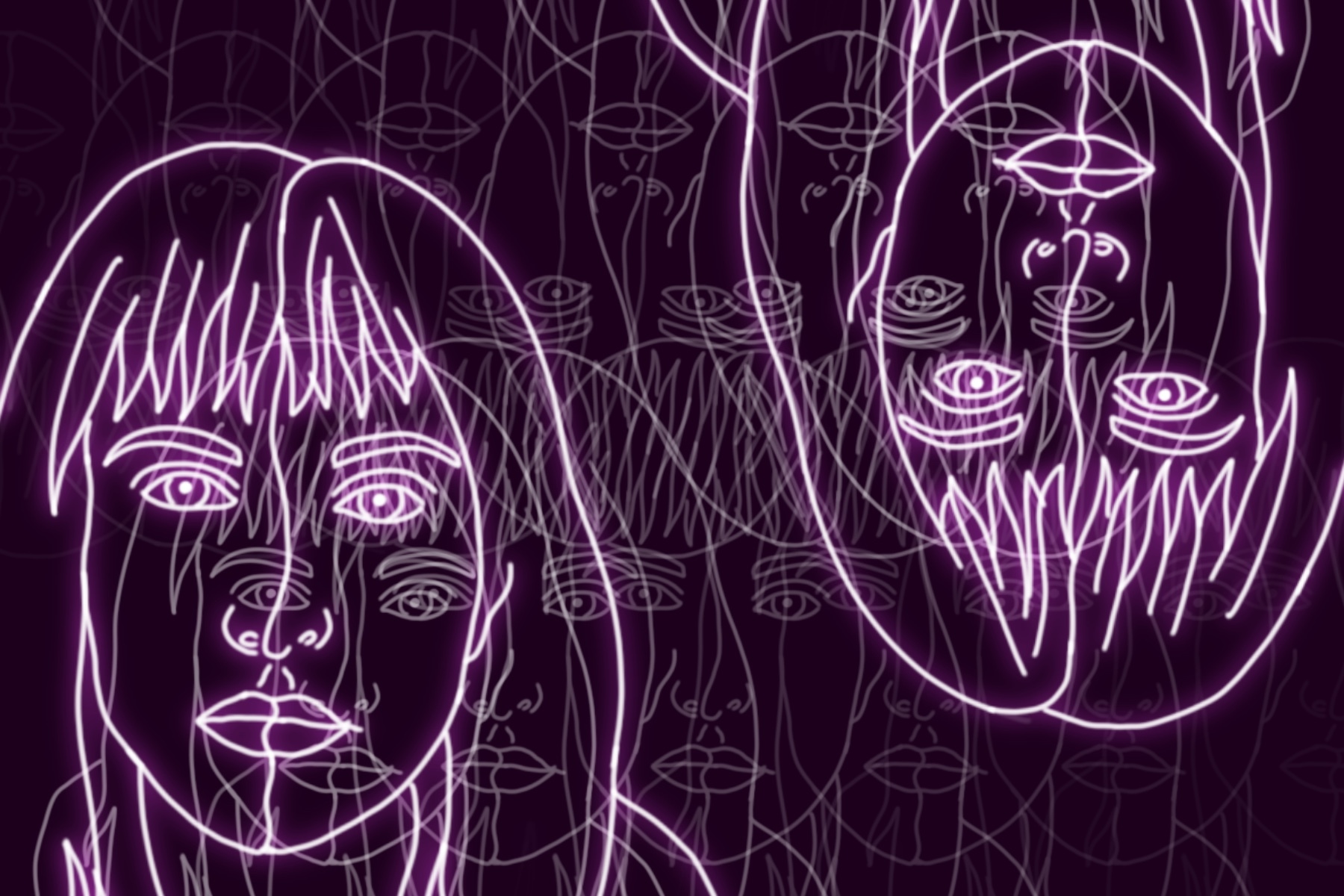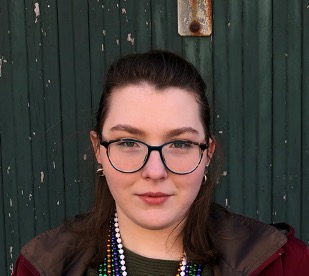Paramore frontwoman Hayley Williams released her second solo studio album, “Flowers for Vases / Descansos,” in February, a little over a year since she announced her solo venture and just over six months since her first solo studio album was released.
Williams had previously released five studio albums, five EPs, two live albums, 23 singles, one video album and 26 music videos as the lead singer of Paramore. However, Williams decided to pursue a solo career, announcing it on her 31st birthday in December 2020 and subsequently released her first solo song, “Simmer,” in January 2020. In May 2020, Williams released her debut solo album, “Petals for Armor.”
“Flowers for Vases / Descansos” was released, without prior announcement, on Feb. 5, 2021, through Atlantic Records. The album was written by Williams alone — a first for her career — and produced by Daniel James. Unlike Williams’ previous work, which was heavily influenced by rock and pop music, “Flowers for Vases / Descansos” is a folk album with acoustic guitars, piano chords and sparse drumbeats.
While in Paramore, Williams undertook a genre shift from the rock sound present in the band’s first few albums to the art-pop featured in their last album, “After Laughter,” released in 2017. Williams’ solo career continued her art-pop direction with songs like “Cinnamon,” “Dead Horse” and “Sugar on the Rim.”
Now, Williams has moved from the subgenres of pop to a full folk sound emphasizing instrumental arrangements, repetition and a prominent country folk tone.
The first song of the album, “First Thing To Go,” features a strong acoustic guitar line, a light piano harmony and Williams’ heartbreaking vocals as she sings about a love that she’s lost. Lyrics like “First thing to go was the sound of his voice, ah” and “My altar is full of our love’s delusions” allude to a heartbreak that she continues to revisit because of the loss of this person. The song is only three minutes but is a perfect opener for an album that talks of heartbreak, longing and nostalgia for a past relationship.
“My Limb,” the next song on the album, features soft drums, acoustic guitar, soft choral background vocals and a brilliant piano line that is similar to the one in “First Thing To Go.” The repetition of a melody is a classic characteristic of folk music, again marking Williams’ shift from pop to folk. The song focuses on having to “cut off” a person as akin to cutting off a limb. The heartbreak is evident in the lyrics, the eerie F minor key and the echoing background vocals.
The third song on the record is titled “Asystole,” which refers to the flatline of a no-longer beating heart. Asystole is the most severe form of cardiac arrest and is usually irreversible. Williams sings the lyrics, “Revive your love in me / Revive another side of me / My eyes, they see the poison devotion in me / Revive, revive, revive asystole, asystole.” Because asystole is irreversible, the lyrics evoke the idea of holding on to something that is long gone, similar to her song “Dead Horse,” which is about staying with someone for too long.
The song “Trigger” continues in the minor key that is central to this album. The song is all guitar, piano and Williams’ vocals that speak of her poor history with love, particularly with a relationship that is described with the imagery of a loaded gun.
“Over Those Hills,” “Good Grief” and “Wait On” all echo the longing and pain that Williams felt over her past relationship. However, “Wait On” is the first song to not be in a minor key; instead, it is in the key of G major.
Despite the more upbeat key, the song is still heavily influenced by nostalgia. Williams sings, “I don’t wanna wait on you / But it’s just what I keep doing / As if I got nothing to do / As if my life won’t keep on going without you.” The lyrics offer a dark juxtaposition to the song’s bright acoustic guitar melody.
“KYRH,” “Inordinary” and “HYD” are all in minor keys and all feature the longing Williams feels for her past lover. The songs are classical folk arrangements that contain a sparse instrumental backing track that is reminiscent of contemporary pop, with a sound similar to Sara Bareilles.
The folk sound on this new album could stem from its in-home production. Williams recorded all the songs on the album at her Nashville home. In fact, Williams stated that the album was her version of Taylor Swift’s “Folklore,” which was made at an in-home studio during isolation and came as a total surprise to her fans.
“No Use I Just Do” and “Find Me Here” are beautiful songs about the uncontrollable motivation for love and waiting for someone to come back. The songs favor the piano and offer a juxtaposition of a major and minor key, respectively.
“Descansos” is an instrumental piece that embodies the indie-folk sound that is prevalent in the album. The song has a strong guitar line, a piano melody and what sounds like a child playing in the background. There is also brief vocalization that signals a sort of call and response.
The final song of the album is “Just a Lover,” which discusses a new precarious relationship. The song sounds distinct from the country/indie-folk sound of the previous songs on the album; it has a strong rock sound akin to her first Paramore album, “Brand New Eyes.”
The album is a cohesive piece of art that catalogs Williams’ love life through her lyrics and her journey of musical discovery through its arrangement. Completely abandoning the art-pop sound that Paramore fans became accustomed to, Williams shifted to a new genre: folk. The album is categorized as indie-folk with strong country-folk undertones. However, the final song of the album recognizes Williams’ roots in rock music.
The songs are intimate, vulnerable and truthful in a way that art-pop wouldn’t be able to portray. The folk shift was successful for Williams because her focus was on the lyrics, not the production. As a result, the sparse instrumentals and simple piano melodies match her quiet confessions, making the listeners lean in toward their stereos and turn up the volume on their earbuds.
Williams is inviting listeners into her world, and the longing, heartbreak and melancholy is a product of isolation that she wants to share with those who are open to focusing in, turning up the volume and listening.

















